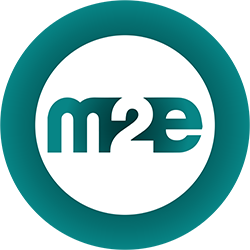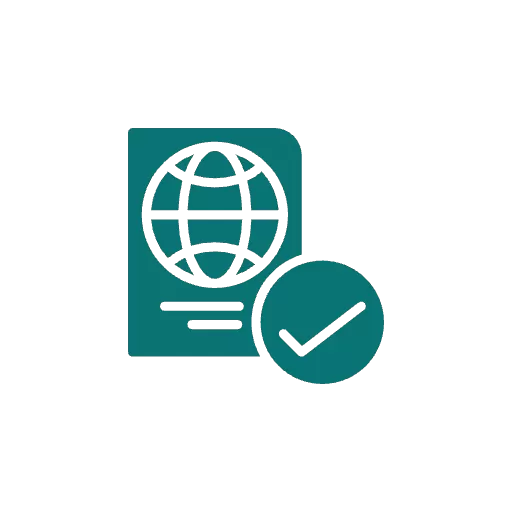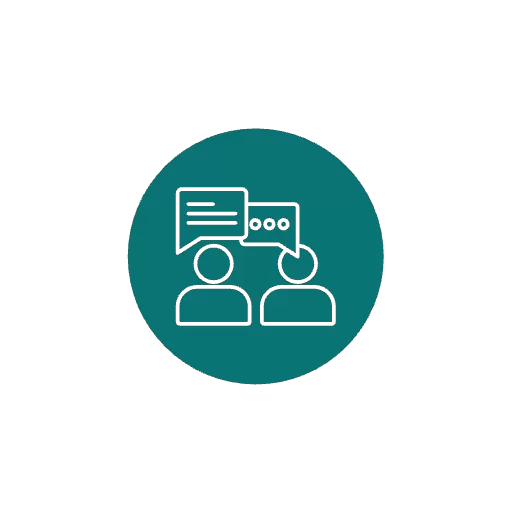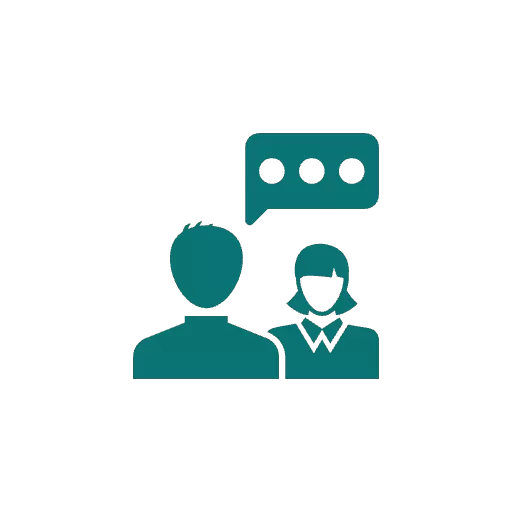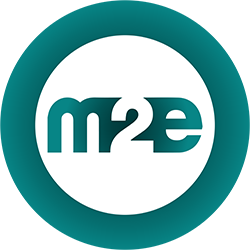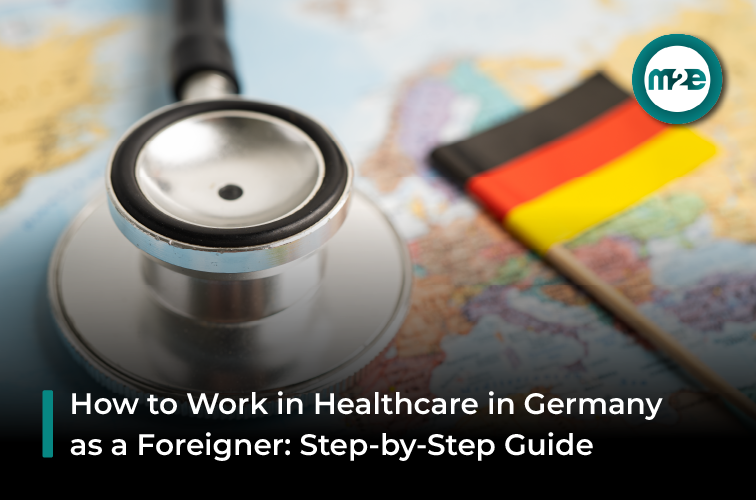
How to Work in Healthcare in Germany as a Foreigner: Step-by-Step Guide
Germany's healthcare system ranks among the best worldwide but faces a severe shortage of qualified staff. This opens strong career opportunities for foreign doctors, nurses, caregivers, and other healthcare professionals.
If you're planning to start a medical career in Germany, this detailed step-by-step guide explains everything—from qualification recognition to visa application.
Step 1 – Check Eligibility
Before applying, confirm that your education and experience meet German standards.
Most positions require:
- A recognised nursing, medical, or healthcare degree/diploma
- Valid professional license from your home country
- Clean criminal record
- Good health and willingness to learn German
If your qualification comes from outside the EU or EEA, you'll need formal recognition ("Anerkennung") from the German authorities.
Step 2 – Get Your Qualification Recognised
Foreign qualifications must be officially recognised to ensure they are equivalent to German qualifications.
Documents typically required:
- Passport copy
- Degree/diploma and transcripts
- Proof of work experience
- License or registration certificate
- Translations by a certified translator
If gaps are found, you may need to attend adaptation training (Anpassungslehrgang) or pass a knowledge test (Kenntnisprüfung).
Recognition authorities vary by federal state; use the Anerkennung in Deutschland portal to find the correct office.
Step 3 – Meet Language Requirements
Communication with patients is vital. German hospitals require strong language skills:
- Nurses: B2 level German
- Doctors: C1 medical German
- Caregivers: B1–B2 German
Accepted certificates include those from the Goethe-Institut, TELC, and ÖSD.
Many employers fund additional language courses once you arrive.
Step 4 – Find a Healthcare Job in Germany
After meeting recognition and language requirements, you can start job hunting.
Top employers include:
- University and regional hospitals
- Nursing homes and rehabilitation centres
- Private clinics and home-care providers
Reliable recruitment partners such as Moving2Europe.eu connect international healthcare workers with verified employers across Germany and Europe.
Looking to begin your career? Register Now
Step 5 – Apply for a German Work Visa
Non-EU citizens need a Type D Work Visa or an EU Blue Card.
If you don't yet have a job offer, apply for a Job Seeker Visa (valid 6 months).
Documents required:
- Valid passport
- Job offer or contract
- Qualification recognition certificate
- Language proof
- Health insurance and accommodation confirmation
Processing usually takes 6–12 weeks, depending on the embassy's workload.
Step 6 – Relocate and Start Working
Once your visa is approved, you can travel to Germany.
Employers often support relocation by assisting with:
- Residence registration (Anmeldung)
- Health insurance enrolment
- Bank account setup
- Integration courses
You can begin working immediately after your residence card is issued.
Step 7 – Apply for a Residence Permit
Within 90 days of arrival, apply at the Ausländerbehörde (local foreigners' office) for a Residence Permit under § 18a or § 18b of the German Residence Act.
This legalises your long-term employment and allows family reunification.
Step 8 – Build Your Career in Germany
After gaining experience, you can progress to higher roles:
- Head Nurse or Ward Manager
- Specialist Doctor (Oberarzt)
- Clinical Research Coordinator
- Healthcare Trainer or Consultant
Germany's system also offers a clear path to permanent residence (after 33 months with a Blue Card or 5 years on a standard permit) and eventual citizenship.
Top Healthcare Roles in Demand
|
Position |
Average Monthly Salary (€) |
Language Level |
|---|---|---|
|
Registered Nurse |
2 800 – 3 800 |
B2 |
|
Caregiver (Pflegehelfer) |
2 000 – 2 800 |
B1 |
|
Doctor / Physician |
4 500 – 7 500 |
C1 |
|
Physiotherapist |
2 500 – 3 500 |
B2 |
|
Medical Technician |
2 800 – 3 500 |
B2 |
Benefits of Working in Germany's Healthcare Sector
- Excellent pay and secure employment
- 30 days paid annual leave on average
- Employer-funded training and career growth
- Family reunification rights
- Pathway to EU permanent residency
- Free or subsidised German language courses
Challenges Foreigners May Face
- Lengthy recognition process (3–6 months)
- Adjusting to German work culture and shift patterns
- Regional differences in rules and authorities
- Cost of translations and document authentication
Proper preparation and guidance from a recruitment partner make these steps much easier.
Frequently Asked Questions (FAQs)
1. What Qualifications Do I Need to Work in Healthcare in Germany?
-
To work as a healthcare professional, you need your qualifications to be recognised by the German authorities. For doctors, this means obtaining Approbation (full medical license). For nurses and other healthcare roles, similar recognition and certification processes apply.
2. Is German Language Proficiency Required?
-
Yes, proficiency in German is essential for healthcare jobs in Germany. Typically, you'll need at least a B2 level in general German, with medical German (C1) required for doctors.
3. Do I Need a Visa to Work in Healthcare in Germany?
-
If you're from a non-EU country, you'll need a work visa to work in Germany. EU/EEA/Swiss citizens do not require a visa.
4. How Long Does It Take to Get a Work Permit in Germany?
-
The process typically takes several months, as it involves having your qualifications recognised, demonstrating language proficiency, and securing a job offer.
5. Is There a Shortage of Healthcare Workers in Germany?
-
Yes, there is a significant shortage of healthcare workers, especially in nursing and elderly care. This means there's high demand for foreign healthcare professionals.
6. Can I Work as a Nurse in Germany with a Foreign Qualification?
-
Yes, if you're a nurse from outside the EU, your qualifications will need to be recognised. If there are significant differences, you may be required to take additional training or complete an adaptation program.
7. What Documents Are Required for a Work Permit?
-
You'll need a valid passport, proof of qualifications, proof of job offer, evidence of German language proficiency, and a health certificate. You may also need a certificate of good conduct.
8. What is Approbation, and Do I Need It to Work as a Doctor in Germany?
-
Approbation is the full medical license required for foreign doctors to practice medicine in Germany. It involves a review of your qualifications, and you may need to pass an equivalence exam or take language tests.
9. Can I Work as a Doctor in Germany with Just a Temporary License?
-
Yes, a temporary license (Berufserlaubnis) allows you to work under supervision while your qualifications are recognised. This can be granted for up to two years.
10. Do I Need to Take a Language Test?
-
Yes, foreign healthcare professionals must demonstrate proficiency in German. Generally, a B2-C1 level of proficiency is required for communication in medical settings.
11. Are There Opportunities for Foreign Healthcare Workers in Rural Areas?
-
Yes, rural areas in Germany often experience more severe shortages of healthcare workers, so there are additional opportunities available.
12. How Do I Get My Qualifications Recognised in Germany?
-
The process involves applying to the relevant regional health authorities (Approbationsbehörde for doctors, Landesprüfungsamt for nurses). You may need to submit transcripts, certifications, and undergo an assessment of equivalency.
13. How Much Can I Earn as a Foreign Healthcare Worker in Germany?
-
Salaries vary depending on the role and experience. Doctors earn from €50,000 to €100,000 per year, and nurses can earn between €2,500 and €4,000 per month, depending on experience and location.
14. Is There a Pathway for Nurses to Become Doctors in Germany?
-
While it's a challenging route, some nurses pursue additional medical training to become doctors. However, this requires completing medical school and passing medical exams in Germany.
15. What is the Process for Getting a Job in Healthcare in Germany?
-
First, secure a job offer from a German healthcare provider. Afterwards, you will apply for recognition of your qualifications and, if applicable, a visa. The employer may assist you in this process.
16. Can I Bring My Family with Me While Working in Germany?
-
Yes, family members can join you under the family reunification visa program, provided you meet the financial and accommodation requirements.
17. How Long Can I Stay in Germany While Waiting for My Work Permit?
-
If you're in Germany on a job-seeking visa, you can stay for up to six months while looking for a job. Once you have a job offer, you can apply for a residence permit to work.
18. Is There Any Financial Assistance Available While Waiting for My Work Permit?
-
No specific financial aid is available for foreigners waiting for a work permit, though you may be eligible for unemployment benefits if you've previously worked in Germany.
19. Can I Change Employers While Working in Germany on a Healthcare Visa?
-
Yes, but you must inform the authorities and ensure that your new employer is also eligible to hire you under your current visa conditions.
20. What Are the Living Conditions Like for Healthcare Workers in Germany?
-
Germany offers excellent living conditions, including high-quality healthcare, a good work-life balance, and affordable housing. Salaries in healthcare are competitive, and there are numerous social benefits for workers.
